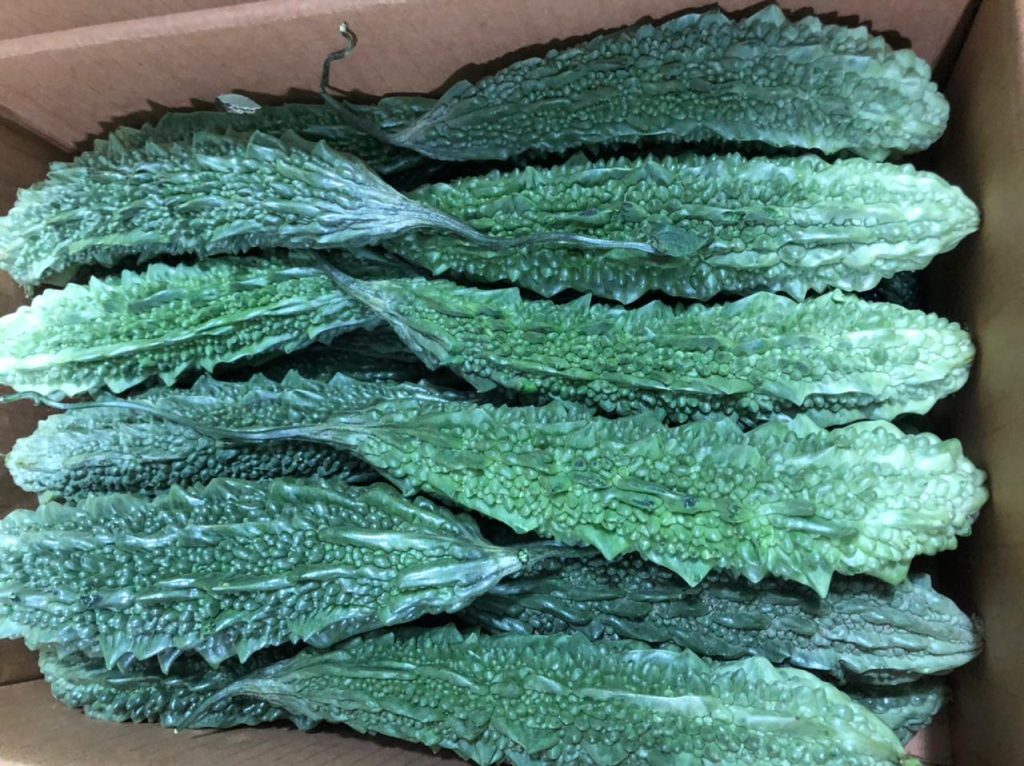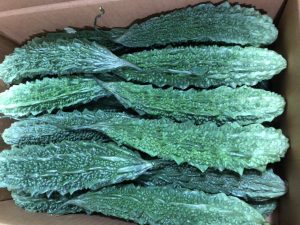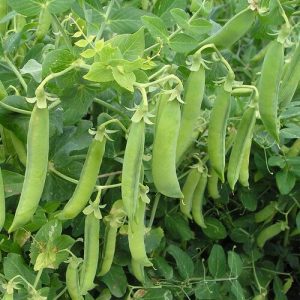Bitter Gourd Introduction
Bitter gourd, also known as bitter melon or Momordica charantia, is a unique vegetable-fruit that belongs to the gourd family (Cucurbitaceae) . Bitter gourd in Pakistan called in KARAILA کریلا . It is widely cultivated in tropical and subtropical regions, including Asia, Africa, and the Caribbean. Bitter gourd is known for its distinct bitter taste and is used in various culinary dishes and traditional medicines.
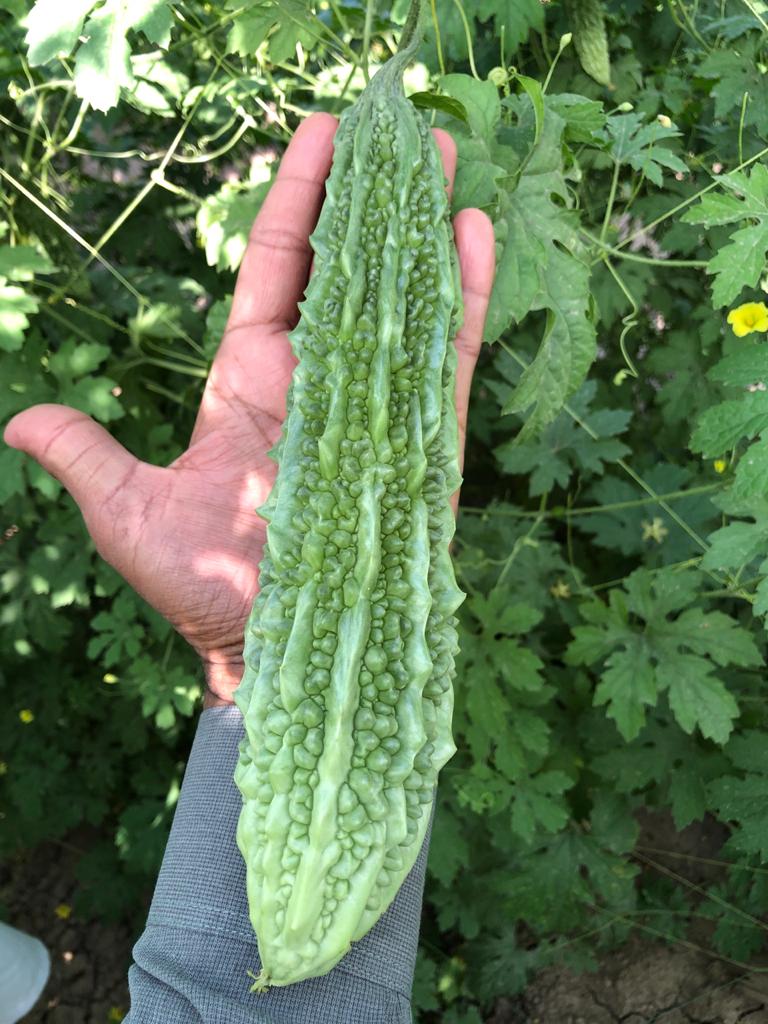
Physical Characteristics:
Bitter gourd has a rough, warty skin and is oblong in shape. The color of the skin ranges from dark green to yellow-orange when ripe. The flesh inside the fruit is crunchy and watery, containing numerous seeds. The taste of bitter gourd is extremely bitter, which can vary in intensity based on the maturity of the fruit.
Culinary Uses:
Despite its bitter taste, bitter gourd is a popular ingredient in many Asian cuisines. It is often used in stir-fries, curries, soups, and salads. To reduce the bitterness, it is sometimes soaked in salted water before cooking. Bitter gourd is also used in traditional medicine systems, such as Ayurveda and traditional Chinese medicine, for its potential health benefits.
Nutritional Benefits:
Bitter gourd is low in calories and rich in nutrients. It contains vitamins C, A, and various B vitamins. It is also a good source of minerals like potassium, calcium, zinc, and iron. Additionally, bitter gourd is known for its high antioxidant content and potential health benefits, including blood sugar regulation.
Medicinal Uses:
In traditional medicine, bitter gourd is used to treat various ailments. It is believed to have anti-diabetic properties and is used to lower blood sugar levels. Bitter gourd extracts and supplements are also available for this purpose. Additionally, bitter gourd is used for its antimicrobial, anti-inflammatory, and anti-cancer properties in some traditional medicine systems.
Cultivation:
Bitter gourd plants require a warm and humid climate to thrive. They are usually grown as annuals and prefer well-drained, fertile soil. The plant has deeply lobed leaves and produces yellow flowers. Bitter gourd fruits develop from these flowers and are typically harvested when they are still green and immature for culinary use.
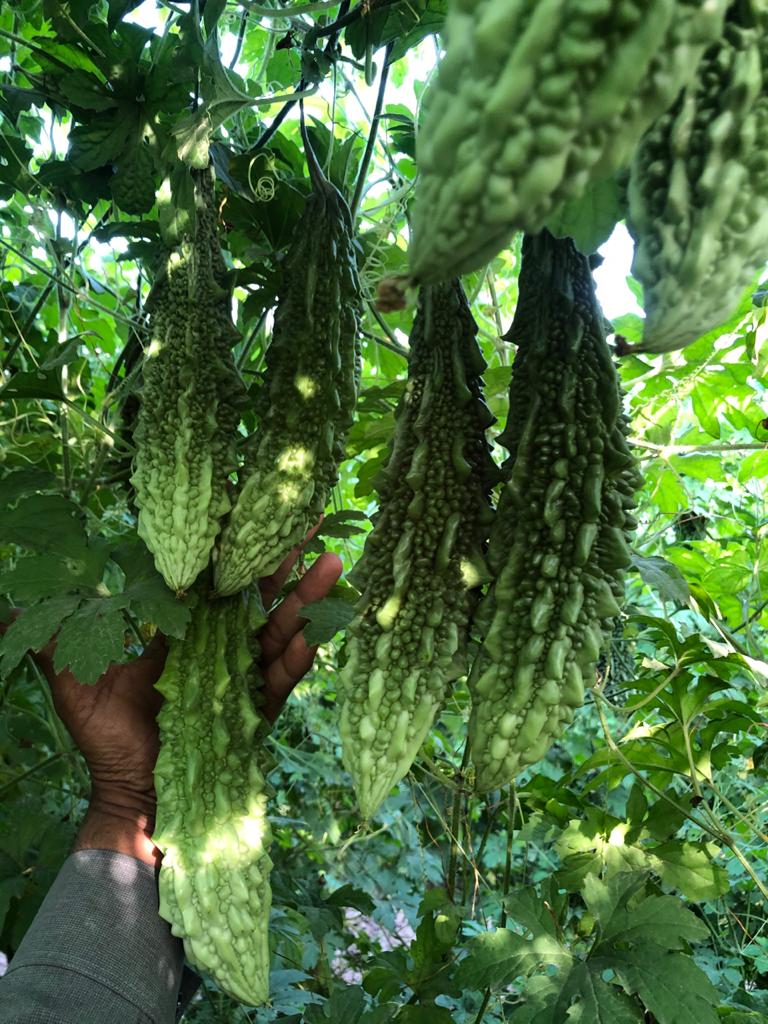
Bitter gourd is a versatile ingredient that adds a unique flavor to dishes despite its acquired taste. It is not only valued for its culinary uses but also for its potential health benefits, making it a significant vegetable-fruit in various cultures around the world.
Bitter gourd, or bitter melon, is a nutritious vegetable-fruit that contains a variety of natural ingredients, each contributing to its health benefits. Here are some key natural ingredients found in bitter gourd:
Bitter Gourd Natural Ingredients
1. Bitter Compounds: Bitter gourd gets its name from the presence of bitter compounds called momordicin, charantin, and vicine, which are responsible for its distinctive bitter taste. These compounds are believed to have potential medicinal properties, especially in managing diabetes.
2. Vitamins: Bitter gourd is rich in vitamin C, an antioxidant that supports the immune system and skin health. It also contains vitamin A, which is essential for vision, immune function, and skin health.
3. Minerals: Bitter gourd contains essential minerals such as potassium, which helps regulate blood pressure, and iron, necessary for red blood cell formation.
4. Dietary Fiber: Bitter gourd is a good source of dietary fiber, which aids in digestion, promotes a feeling of fullness, and helps prevent constipation.
5. Antioxidants: Bitter gourd is packed with various antioxidants, including flavonoids, polyphenols, and carotenoids, which help neutralize harmful free radicals in the body. Antioxidants play a role in reducing the risk of chronic diseases and supporting overall health.
6. Lectins: Bitter gourd contains lectins, proteins that have anti-viral and anti-cancer properties. They may also have potential in regulating immune responses.
7. Phytonutrients: Bitter gourd contains phytonutrients like quercetin, catechins, and phenolic acids, which have anti-inflammatory and anti-cancer properties. These compounds contribute to the vegetable’s potential health benefits.
8. Saponins: Bitter gourd contains saponins, naturally occurring chemical compounds that have been studied for their potential cholesterol-lowering effects and other health benefits.
9. Enzymes: Bitter gourd contains enzymes such as papain and bromelain, which aid in digestion and have anti-inflammatory properties.
It’s important to note that while bitter gourd offers numerous health benefits, its bitter taste may not be appealing to everyone. However, cooking methods like blanching, stir-frying, or combining it with other flavorful ingredients can help reduce the bitterness, making it more palatable while retaining its nutritional value.
Bitter Gourd Export from Pakistan
Pakistan is one of the countries that cultivates bitter gourd. If you are interested in the export of bitter gourd from Pakistan, there are several steps you might consider:
1. Regulations and Compliance: Understand the regulations and compliance requirements for exporting bitter gourd from Pakistan. This includes understanding the regulations of both Pakistan and the country you plan to export to. This might include agricultural standards, packaging requirements, and import taxes.
2. Quality Control: Ensure that the bitter gourds you plan to export meet the quality standards of the importing country. This includes factors such as size, color, freshness, and absence of diseases or pests.
3. Export Documentation: Prepare all the necessary export documentation. This may include certificates of origin, phytosanitary certificates (which certify that the plants are free from quarantine pests and diseases), and invoices.
4. Packaging: Proper packaging is crucial for exporting perishable goods like bitter gourd. Packaging should ensure the freshness and safety of the produce during transit.
5. Transportation: Choose appropriate transportation methods (air, sea, or land) considering the distance and urgency of the shipment. Cold storage or refrigerated containers might be necessary to maintain freshness, especially if you are exporting to distant countries.
6. Market Research: Research the market demands in the country you plan to export bitter gourd to. Understand the preferences of consumers and the requirements of retailers in that market.
7. Export Channels: Decide whether you will be exporting through agents, distributors, or directly to retailers. Each method has its own set of challenges and benefits.
8. Promotion and Networking: Establish connections with potential buyers, importers, and distributors. Attend trade fairs and exhibitions related to agriculture and food to showcase your bitter gourd products.
9. Financial Planning: Plan your finances carefully. Exporting involves costs related to transportation, documentation, and compliance. Ensure that your pricing is competitive in the international market.
10. Continuous Improvement: Continuously work on improving the quality of your bitter gourd. This might involve investing in better farming practices, post-harvest technologies, or research on new bitter gourd varieties.
Please note that regulations, market demands, and other factors can change, so it’s essential to consult local agricultural authorities and trade experts for the most recent and specific information regarding bitter gourd exports from Pakistan.
BIITER GOURD EXPORT SOLUTION FROM PAKISTAN
It’s great to hear that Bilal Enterprises Pakistan (Import & Export) is providing a ONE-WINDOW SOLUTION for exporting. A one-window solution typically means that a single entity or service provider handles all aspects of the export process, simplifying the procedure for exporters. This can be immensely beneficial, especially for those new to the exports business or for businesses looking to streamline their operations.
Market Knowledge: Experienced service providers often have knowledge about international markets, helping exporters make informed decisions about market selection, pricing, and other factors crucial for successful exports.
Customized Solutions: Service providers can often offer customized solutions tailored to the specific needs of the exporter, ensuring that the export process aligns with the exporter’s business requirements and goals.
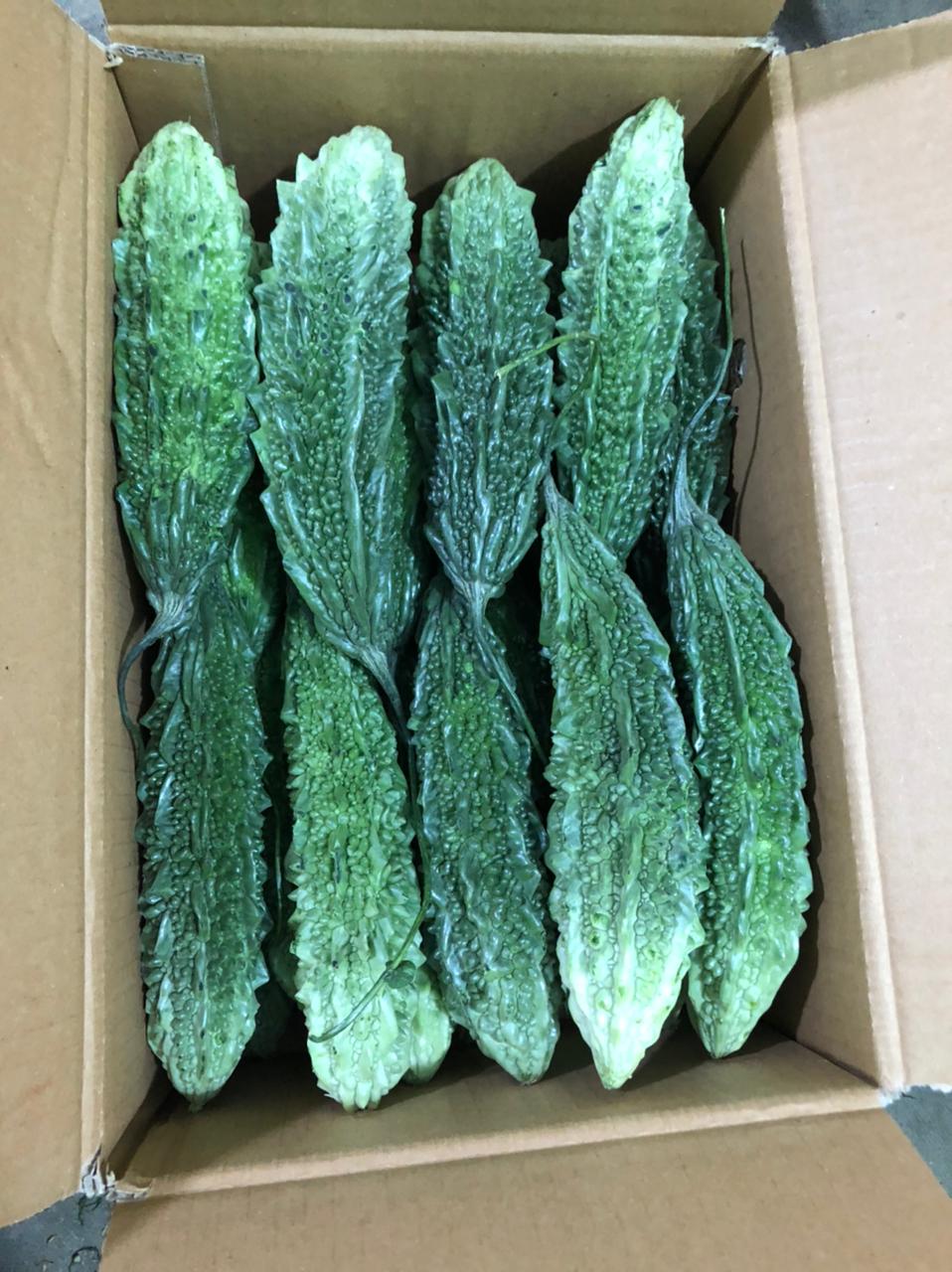
Documentation:
- Export License:
Exporters might need an export license or permit from the relevant Pakistani authorities to export. The requirements for obtaining an export license can vary based on the nature of the export and destination country. - Phytosanitary Certificate:
A Phytosanitary certificate issued by the Plant Protection Department of Pakistan is usually required for fresh Fruits & Vegetables. This certificate ensures that the exported fruits are free from pests and diseases. - Certificate of Origin:
A certificate of origin, stating that the Kinnow mandarins are of Pakistani origin, is often required. This certificate can be obtained from the chamber of commerce or other relevant authorities in Pakistan. - Commercial Invoice:
A detailed commercial invoice specifying the quantity, value, and description of the exported goods is necessary for customs clearance. The invoice should also include information about the buyer and seller. - Packing List:
A packing list provides detailed information about the packaging of the goods, including the type of packaging, number of cartons, and weight. - Bill of Lading or Airway Bill:
A bill of lading (for sea shipments) or airway bill (for air shipments) is a crucial document issued by the shipping or airline company. It serves as a receipt for the goods and provides details about the shipment.
https://web.facebook.com/bilalenterprisespakistan1

